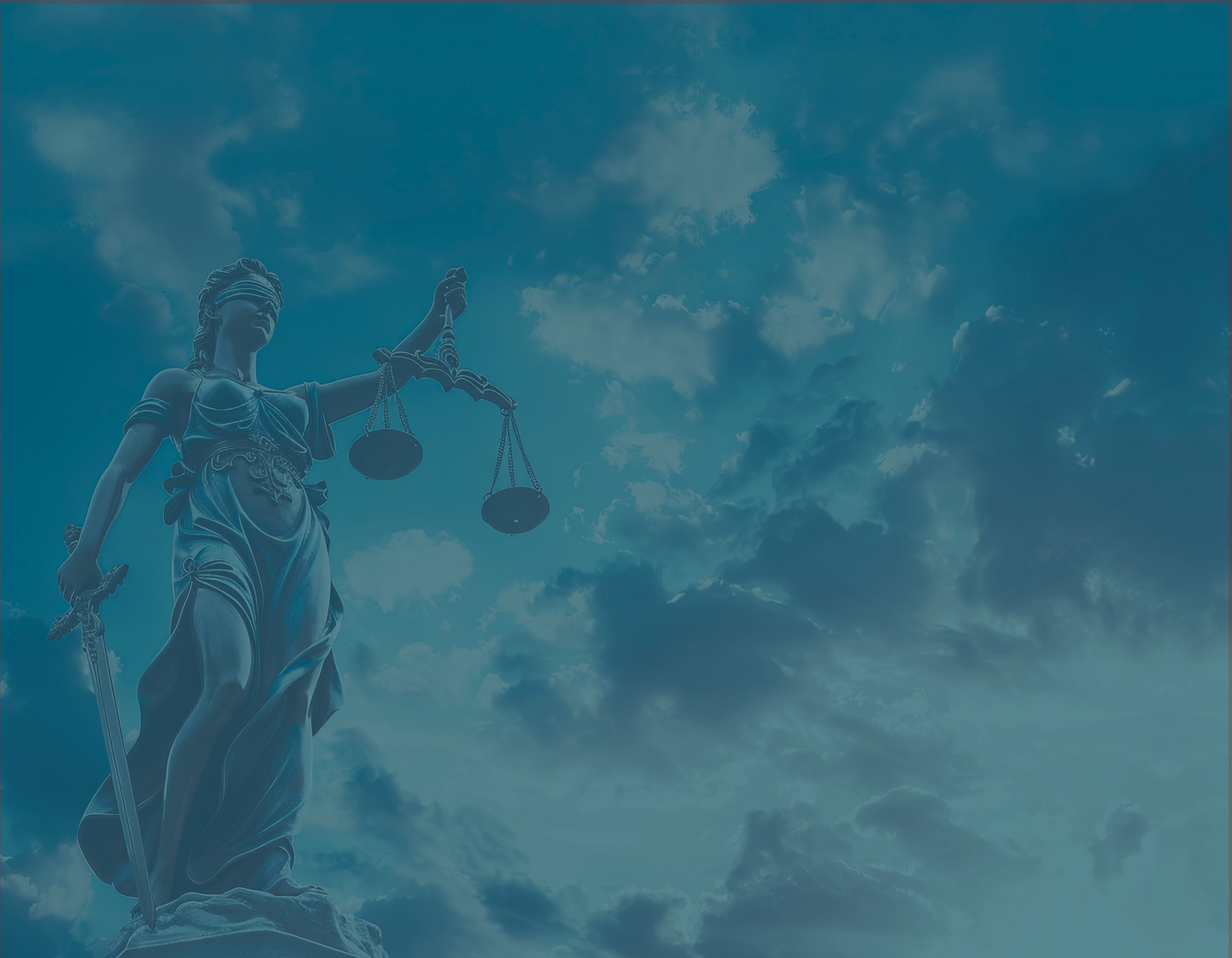
ABOUT BATTLEFIELD LAW
The Evolution of
Battlefield Law Group, PLLC.
Nicole Naum is a founding partner of Battlefield Law Group, where she leads with strategic insight and unwavering dedication to her clients. She believes that every person deserves to be heard and treated with respect—no matter the charge. At Battlefield Law Group, Nicole and her team approach each case with personalized care, clear communication, and a commitment to protecting your future.
The story of Battlefield Law Group, PLLC is one of growth, resilience, and a relentless commitment to justice. In 2015, Nicole H. Naum, Esq., founded her first firm as Naum Law Firm, just 6 years after passing the Virginia Bar. That solo venture soon evolved into the dynamic partnership Naum Estevez, PLLC, where Ms. Naum and her team built a strong reputation in Criminal Defense, Traffic, DUI, Civil, and Family Law.
In 2023, with a clear vision and renewed purpose, Ms. Naum rebranded the practice as Battlefield Law Group, PLLC, focusing exclusively on Criminal Defense, DUI and Traffic cases. The name “Battlefield” is more than just a nod to the historic battlefields of Old Town Manassas—it reflects the firm’s unwavering dedication to fighting for its clients with tenacity, skill, and heart.
At Battlefield Law Group, it’s not about whose name is on the door, it’s about the people we serve. We believe in standing shoulder to shoulder with our clients, navigating their legal battles with integrity, determination, and a deep sense of responsibility.
A New Chapter: Welcoming Steven L. Duckett, Jr., Esq.
In 2024, powerhouse attorney, Steven L. Duckett, Jr., joined Battlefield Law Group, PLLC as a partner, bringing with him over two decades of experience and a fierce reputation as a dedicated criminal defense attorney. Known for his courtroom presence, strategic insight, and genuine care for his clients, Mr. Duckett's addition marks an exciting new chapter for the firm.
Together, Nicole H. Naum, Steven L. Duckett, Jr., and Senior Associate Lili M. O’Connell form a highly skilled and dedicated legal team, united by their passion for defending the accused and their unwavering commitment to achieving the best possible outcomes for every client. With their collective experience and collaborative approach, Battlefield Law Group continues to set a higher standard for criminal and DUI defense representation across Northern Virginia, including Prince William, Fairfax, Stafford, Fauquier, Loudoun, Alexandria, Arlington, Spotsylvania, and Culpeper.
The Battlefield Law Group Family
Have you ever walked into a restaurant or business and immediately felt welcomed and valued? That’s exactly how we want you to feel when you step into Battlefield Law Group. From your first contact with us, our goal is to make you feel like part of the Battlefield family. Our attorneys and staff work closely together to ensure every client receives exceptional legal service and unwavering support. We know that facing criminal charges, a DUI, or a serious legal issue can be one of the most stressful and overwhelming times in your life. That’s why we’re here: to guide you, advocate for you, and stand with you every step of the way. Each member of our team is carefully chosen not only for their legal skill, but for their commitment to creating a supportive, client-focused environment. At Battlefield Law Group, dedication, trust, and transparency are the values that drive everything we do.
MEET THE TEAM
-

Nicole H. Naum, Esq.
-

Steven L. Duckett, Jr.,Esq.
-

Lili M. O'Connell, Esq.
-

Sarah Penone
SENIOR LEGAL ASSISTANT
-

Nidia Hernandez
LEGAL ASSISTANT
-

Jenifer Turcios Hernandez
CLIENT INTAKE SPECIALIST
-

Melissa Portillo
LEGAL ASSISTANT
¡Sí, Hablamos Español!
Trusted Criminal Defense for Spanish-Speakers
At Battlefield Law Group, we are committed to providing the best legal defense possible for our Spanish-speaking clients. Our bilingual staff is available in-office five days a week, ensuring clear communication and personalized legal support. For added convenience, our after-hours answering service is also available to assist you.
If you need an experienced lawyer to for DUI, traffic violations, or other criminal matters and prefer assistance in Spanish, contact Battlefield Law Group today.
Don’t Delay — Contact Battlefield Law Group Now
Time is critical if you've been charged with a crime in northern Virginia, including: Prince William, Fairfax, Stafford, Fauquier, Loudoun, Alexandria, Arlington, Culpeper, and Spotsylvania. Whether you're facing a serious felony, traffic misdemeanor or a DUI/DWI, these charges can have lasting consequences. The experienced attorneys at Battlefield Law Group are prepared to fight for you. Don’t wait — contact us today for the strong defense you deserve!
CALL NOW: (571) 364-0500
info@battlefieldlawgroup.com

AREAS OF PRACTICE
Our trial attorneys know Virginia law and understand how tough prosecutors can be. We make sure your voice is heard, your rights are protected, and your future is defended. With aggressive defense strategies tailored to your case, our mission is simple: to fight for the best possible outcome for you.

OUR CLIENT TESTIMONIALS SPEAK FOR US!
SERVING ALL COUNTIES IN NORTHERN VIRGINIA
Prince William | Fairfax | Culpeper | Fauquier | Stafford | Loudoun | Alexandria | Spotsylvania | Warren | Frederick | Winchester
Battlefield Law Group – Trusted Criminal & DUI Defense in Northern Virginia
Located in Old Town Manassas, Virginia, Battlefield Law Group is a trusted defense firm proudly serving clients across Northern Virginia. With a commitment to personalized attention and skilled representation, our experienced attorneys practice in a wide range of areas including: criminal defense, DUI/DWI, traffic tickets, reckless driving, protective orders, expungements, and much more. We are honored to assist individuals and families in the following counties: Prince William, Fairfax, Loudoun, Culpeper, Fauquier, Alexandria, Stafford, Spotsylvania, Frederick, Winchester, and Warren. Whether you’re navigating a complex legal issue or seeking guidance through a challenging time, Battlefield Law Group is here to provide strong advocacy and compassionate support every step of the way.





